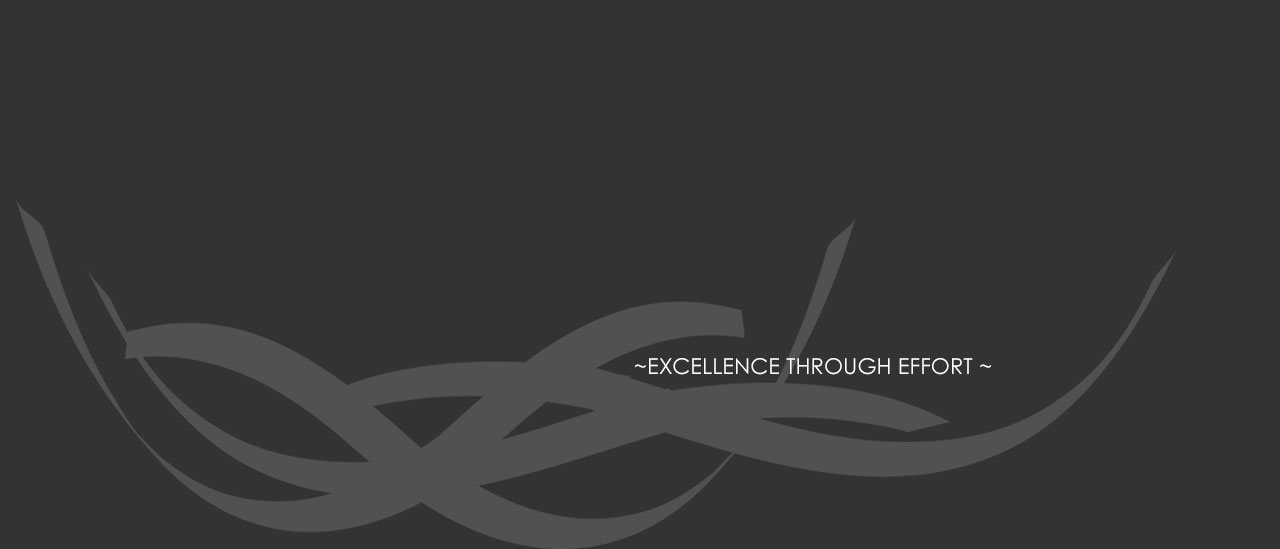Science, directly and indirectly, influences all aspects of everyday life. From the food we eat to the way we get around, science is everywhere. Once you begin to see all the opportunities to learn, the relationship between science and critical-thinking skills become apparent.
Beginning when children are very young, science helps shape their development. As they learn to ask questions, make predictions, observe, test, and then communicate their findings, they are developing critical science skills.
Science has led to the discovery of everything from gravity to medicine. Science is based on curiosity—and when children aim to learn more about the world around them, it is science that often holds the clues they need for a better understanding.
At Bungaree Primary School students explore the four strands of Science held within the Western Australian Curriculum: Biological Sciences, Earth and Space Sciences, Physical Sciences and Chemical Sciences. Also developing Science Inquiry Skills and Science as a Human Endeavour throughout their Science lessons.
Each week students develop and build on knowledge which they have previously acquired during Science lessons. This is then used in a practical sense to answer questions about theories, concepts and ideas that occur in the world around them. Students bring a wide range of background knowledge to lessons and have opportunities to carry out tasks in more than one way to answer a question or find a solution to a problem.
Tips to Help Children Learn Science
Explore, explore, explore! Science is everywhere, which is why a visit to the park or an afternoon in the yard provide so many opportunities to learn. Always encourage your child to question their surroundings, and then discuss. If there is something you are unsure of, research and learn the answer together. You do not need to know all the answers—in fact, as a parent, it is beneficial when YOU ask questions and model curiosity as well.


